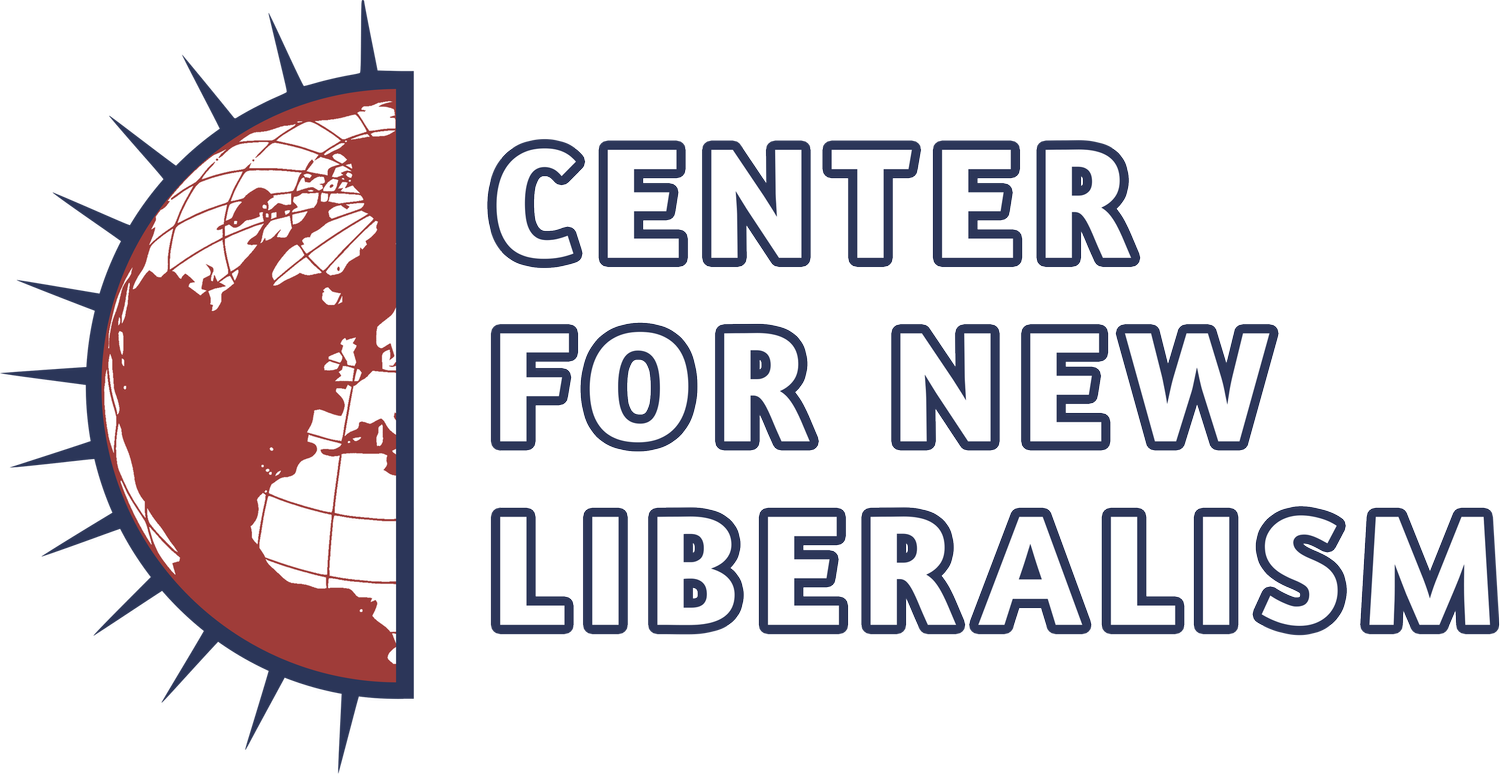Leftward, U+48 U+6F!
There is hardly an American political ideology that has not moved leftward in recent years. So-called national conservatives have embraced increased state power to combat an assortment of societal ills. Pete Buttigieg, a candidate who in any previous primary would be viewed as the left-wing candidate, is the appointed “corporatist shill” of this democratic primary. Even Tyler Cowen has seemingly embraced “state capacity libertarianism” in favor of plain old libertarianism.
Ubiquity
presence everywhere or in many places, especially simultaneously
It is impossible to come up with an all-encompassing explanation for this leftward shift. Some of it simply is the set of policy problems requiring more government intervention: climate change is accelerating; deaths of despair are on the rise and economic growth is not meeting historical precedents. But less discussed is how the internet is causing our perceptions to change, out-of-step from real-world events.
Let’s build a time machine, put Bernie Sanders into it, and send him back to 1991. That year, internet adoption is in the low-single digits. George H.W. Bush is President, and various Democrats are jockeying for the nomination to become his challenger. Our time-traveling Bernie Sanders joins this race. He pledges not to take corporate donations, or host big money fundraisers. He holds the same policy platform that he holds today. How does he do? Not well. He doesn’t have ActBlue at his disposal, so he fails to raise money at scale from small donors. Instead, he’s left with the only option to copy Jerry Brown’s idea for a small-donor 1-800 number. And without social media to organize his initial grassroots support, he fails to replicate his pre-time travel name recognition. There would be millions of Americans receptive to his message if he could reach them. But without the internet at his disposal, he is unable to.
Bernie Sanders - and the leftward shift accompanying him - are products of internet ubiquity.
Sen. Sanders is not the only individual who can credit his rise to internet connectivity. Many other leftward shifts wouldn’t have been possible either. Black Lives Matter was fueled by online discussion and shared videos of police violence. Occupy Wall Street was organized online, jumpstarting the discussion on income inequality that continues to this day. #MeToo, the Hong Kong protests and the rise of the Democratic Socialists of America are just a few other examples.
The mechanism behind these lurches isn’t novel. It’s known that personal exposure to diversity lowers one’s biases: knowing a gay person makes you less likely to be homophobic, knowing an immigrant makes you less likely to support immigration restrictionism, etc. The internet is this effect on steroids. People, who on the internet can learn about the struggles of others, have shifted their views leftward to accommodate this new-found knowledge.
So, why are we moving Left? It’s because non-mainstream ideas can organize more effectively than ever on the internet, and the internet exposes us to an incredible amount of diversity.
As the guy writing the neoliberal newsletter, you may think that I rue this leftward shift. I don’t. In fact, I think it is a very good trend. For one, the greatest driver of social progress over the past two decades has been the internet. I think social change is good. Many social accomplishments can be owed, at least in part, to internet connectivity and online organizing. Secondly, the forces driving us leftward do not lend themselves exclusively to the Left. People are moving Left and Right because that is where the communities are. People don’t want to just believe in a set of policy beliefs. They want an identity and a feeling of belonging to something bigger than themselves. That is the founding motivation of the Neoliberal Project. We believe that the challenge facing the Neoliberal Project is less about choosing policies we think are best, but rather how we can create a community that gets people involved with their beliefs.
Further reading
The Revolt of the Public, my favorite book of 2019
The Democrats Are Moving Left. Will America Follow?, the source of that fantastic painting I used. Also, yes they will move Left.

